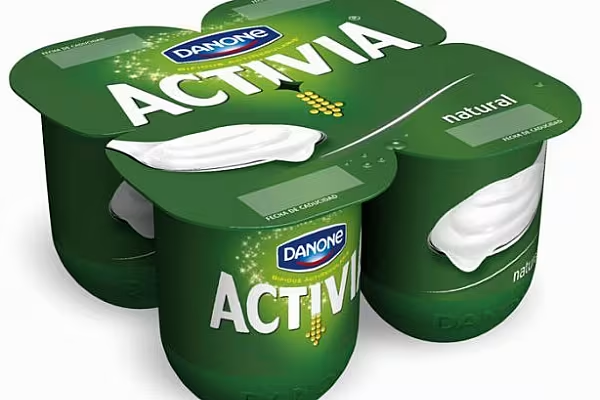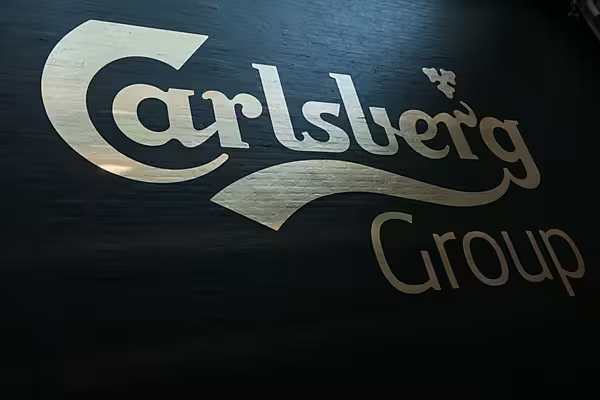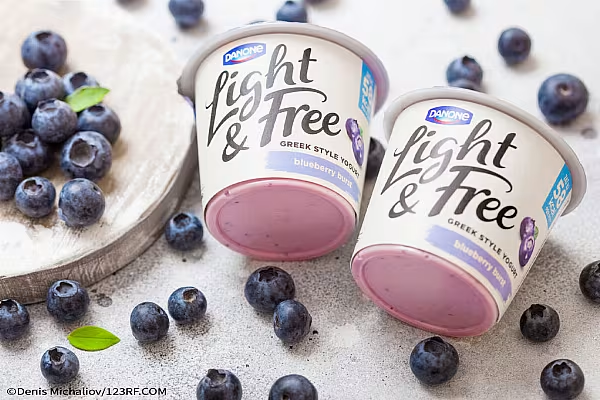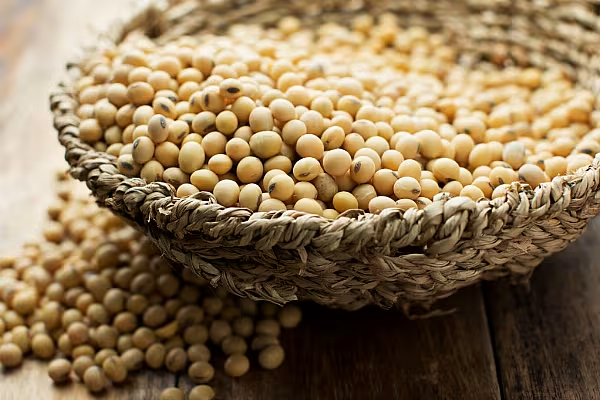Danone told analysts Tuesday that annual sales growth should exceed five per cent through 2020 as the world's biggest yogurt maker cuts costs at its fresh-dairy business.
That unit aims to increase its profit margin more than two percentage points on a currency-neutral basis by 2020 as its sales rise three per cent to five per cent a year on a like-for-like basis, analysts at Kepler Cheuvreux, Barclays and Exane BNP Paribas said in notes to investors. Danone Chief Executive Officer Emmanuel Faber is presenting his strategy a year after taking the helm at an investor seminar in Evian, France.
The fresh-dairy unit, which represents more than half of total revenue, has been weighed down by years of rising milk prices and a consumer slump in western Europe as buyers opted for cheaper private labels. Danone also has struggled to turn around its baby-food business in China and this year agreed to sell its Dumex brand in that market to a partner.
The company expects its water and infant-formula units to post like-for-like sales growth of seven per cent to 10 per cent a year, while the medical-nutrition business will increase by six per cent to eight per cent, the analysts said. Danone published slides on its website late Tuesday with such numbers for those units, though it doesn’t specify what the figures refer to. A spokeswoman said the slides refer to Danone’s "ambition" for 2020, without elaborating.
The yogurt maker’s 2015 forecast is for four per cent to five per cent growth. The outlook has come down each year since 2011, when Danone was forecasting growth rates of 6 percent to 8 percent, faster than Nestle’s target for average long-term sales growth.
The company posted its first annual profit decline in more than a decade in 2013, when the maker of Dumex fought off bribery claims in China and a false alarm over baby-food safety. While Danone’s local brands are still struggling, the company is betting on e-commerce as Chinese consumers buy more foreign-made infant formula online.
Analysts expect a rebound in second-half earnings to result in underlying net income growth of 11 per cent in the full year, according to the average of estimates compiled by Bloomberg.
Danone Chairman Franck Riboud gave up the CEO reins to Faber last year. The shares have climbed 18 percent over the past 12 months, compared with Unilever’s 30 percent rally. Nestle has gained 4.6 percent.
Like-for-like sales are adjusted for acquisitions, divestments and currency shifts.
News by Bloomberg, edited by ESM. To subscribe to ESM: The European Supermarket Magazine, click here.














